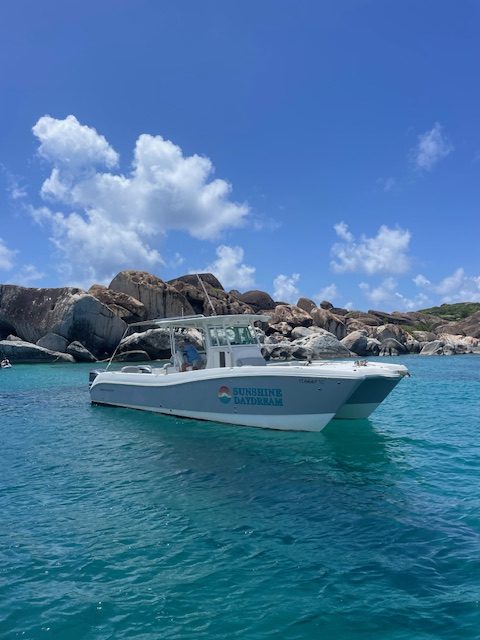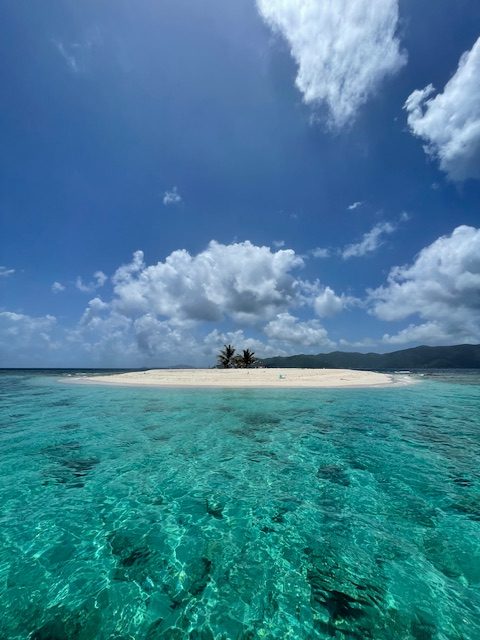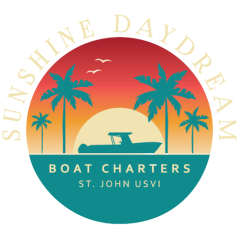Prime Boating Months in the Virgin Islands: Navigating the Best Seasons for Sailing, Serenity, and Adventure
The Virgin Islands, comprising the U.S. Virgin Islands (USVI) and the British Virgin Islands (BVI), are a premier destination for boating enthusiasts. Their clear turquoise waters, steady trade winds, and numerous sheltered harbors make them a paradise for sailors and boaters alike. However, choosing the best time to visit for boating can make a significant difference in your experience. This essay explores the ideal months for boating in the Virgin Islands, taking into account weather patterns, sea conditions, and seasonal factors.
1. The Caribbean Climate and Its Influence
The Virgin Islands enjoy a tropical climate, characterized by warm temperatures year-round, with only slight variations between seasons. The islands experience two primary seasons: the dry season and the rainy season. The dry season generally runs from December to April, while the rainy season extends from May to November. However, within these broad categories, there are nuances that impact boating conditions.

Sunshine Daydream at The Baths, Virgin Gorda, BVI
2. December to April: The Prime Boating Season
December to March: The months from December through March are widely regarded as the best time for boating in the Virgin Islands. During this period, the islands experience the most consistent and favorable weather conditions. The trade winds, which are a key feature of the Caribbean climate, blow steadily from the east or northeast at speeds of 15 to 20 knots. These winds provide excellent sailing conditions, particularly for those interested in cruising between the islands.
The sea state during these months is generally calm to moderate, with wave heights typically ranging from 2 to 4 feet. These conditions are ideal for both experienced sailors and those new to boating. Moreover, the visibility in the water is superb, making it a great time for snorkeling and diving, popular activities for boaters in the Virgin Islands.
Holiday Season: December and January also coincide with the holiday season, making it a festive time to visit. The islands are bustling with activity, and there are numerous regattas and boating events to participate in or watch. However, it’s important to note that this is also the peak tourist season, so marina spaces and anchorages can be crowded, and prices for charters and accommodations are at their highest.
April: By April, the weather remains excellent, but the tourist crowds begin to thin out. The winds are still strong and reliable, making it an ideal month for those who prefer slightly quieter waters while still enjoying optimal sailing conditions. Additionally, the sea temperature is pleasantly warm, ranging from 79°F to 82°F (26°C to 28°C), which is perfect for swimming and water sports.
3. May to June: Transitioning from Dry to Rainy Season
As the islands transition from the dry season to the rainy season, May and June present a unique window of opportunity for boaters. During these months, the winds begin to soften slightly, typically blowing at 10 to 15 knots. This reduction in wind speed results in even calmer seas, with wave heights often less than 2 feet, making it a perfect time for those who prefer leisurely sailing or motorboating.
June: June is particularly notable as it marks the beginning of the Caribbean hurricane season. However, the early part of the season is typically quiet, and the risk of tropical storms is relatively low. The weather remains warm, with occasional showers that rarely disrupt boating activities. The reduced tourist traffic during these months also means more availability in marinas and anchorages, along with potentially lower prices.
4. July to November: Hurricane Season and its Challenges
The period from July to November is the official hurricane season in the Caribbean, which significantly impacts boating conditions. While the Virgin Islands can still be navigable during these months, they come with increased risks and challenges that must be carefully considered.
July and August: These months are often hot and humid, with temperatures reaching into the high 80s°F (around 30°C) and occasional afternoon thunderstorms. The winds during this time are lighter and more variable, typically blowing at 10 to 12 knots. While this can create calm seas ideal for certain types of boating, the risk of sudden weather changes can make planning and navigating more difficult.
September and October: These are the peak months for hurricane activity in the Caribbean. The likelihood of encountering a tropical storm or hurricane is higher, and sea conditions can become unpredictable, with large swells and strong winds possible even if a storm doesn’t directly impact the islands. Boaters should be vigilant, stay informed about weather forecasts, and have contingency plans if they choose to sail during this period. Many charter companies suspend operations during these months, and some marinas may be less accessible.
November: By late November, the hurricane season begins to wind down, but the weather remains unsettled. However, it can be a good time for adventurous boaters willing to take calculated risks, as the islands are less crowded, and there are still periods of favorable weather.
5. Considerations for Choosing the Best Time
When planning a boating trip to the Virgin Islands, it’s essential to weigh the factors that matter most to your experience. For instance, if you prioritize steady winds and vibrant social scenes, then the December to March window is ideal. On the other hand, if you prefer a quieter, more private boating experience with smoother waters, then April, May, or early June may be more suitable.
Safety is a critical factor, especially during the hurricane season. Boaters should always stay informed about current weather patterns and be prepared to adjust plans if necessary. Advances in meteorological technology mean that storms are often predicted well in advance, allowing boaters to take precautions.

Sandy Spit, BVI
6. Conclusion
The best months for boating in the Virgin Islands largely depend on your preferences for weather, sea conditions, and the level of activity or solitude you desire. From the festive and vibrant atmosphere of the December to March high season to the calm and serene waters of late spring, the Virgin Islands offer a range of experiences for boaters. While the hurricane season presents challenges, it can also provide opportunities for those seeking a different kind of adventure. By carefully considering the seasonal variations and planning accordingly, you can ensure a memorable and enjoyable boating experience in this Caribbean paradise.
